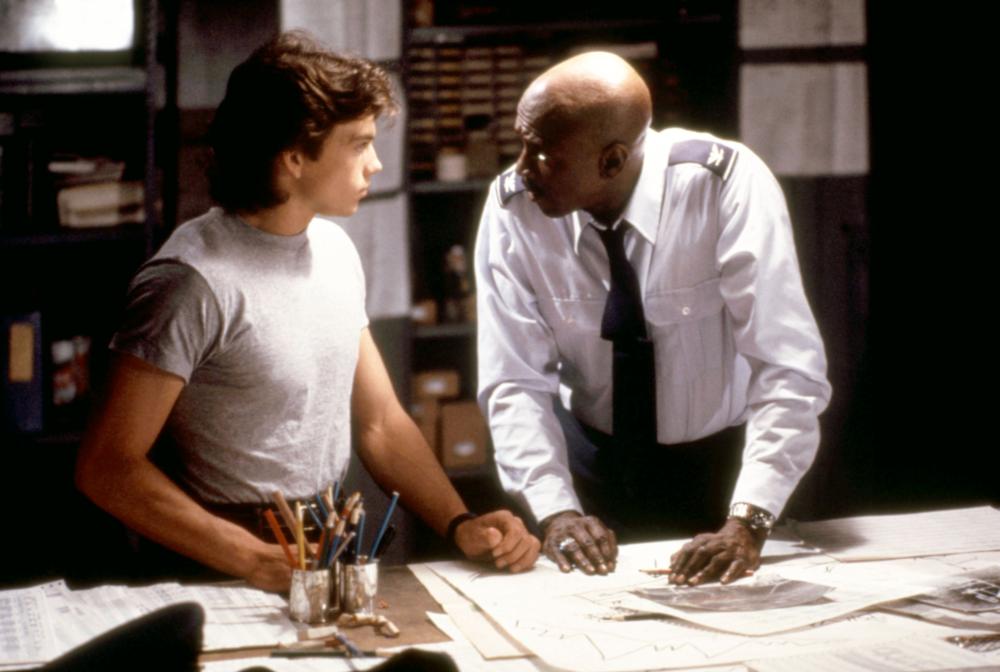We kinda know what happens if you get sucked into a black hole because of math (spaghettification, what outside observers would see, etc); can the same be said about worm holes? Would you even notice if you passed through one? What would they look like? What would someone watching someone else go through a wormhole look like?
deleted by creator
“. . . you’d better be prepared for the jump into hyperspace. It’s unpleasantly like being drunk.”
“Well what’s so unpleasant about being drunk?”
“You ask a glass of water.”
Let’s assume a big stable wormhole and the gravitational forces of surrounding supporting objects are balanced perfectly, so a human can pass through in a small space capsule in the center.
In this scenario, you would just see the region of the other side twice and the space in between, a circle around the hole, stretched until you’re going through. While going through, some objects on the outside would look stretched.
If it’s not perfectly balanced, you won’t survive going through without being squished or torn. If you come too close to avsurrounding supporting object, you’ll get slingshotted away or will fall into them.
Wormholes modeled with mainstream physics are incredibly unstable, to the point that they collapse before even a single particle is able to traverse them. Proposals for ways to stabilize a wormhole rely on models that have not yet been confirmed by experiment. So any answer you get is going to be little more than conjecture, and I don’t think you can get the scientific rigor it sounds like you’re looking for.
Ask RFK Jr
feel
Nothing.
You would not feel a thing.
The only known wormholes are so tiny that only single elementary particles can pass through.
Now imagine that not one of the molecules of your body is missing, not one atom from that molecule, but only one elementary particle from one atom.
No way to feel that.
The Princess and the Pea, reborn
SciFi edition
Kinda depends on what that atom becomes once its constituent parts have changed. Perhaps nothing, perhaps it becomes something that explosively cannot exist.
I’m pretty sure a single atom could completely convert to energy, as in perfect E=mc^2 with no losses, and you still wouldn’t notice.
You’d notice if it happened on/near your retina, it was very dark, and you were paying attention. Other than that I don’t think you’re going to notice.
Can a physicist explain: does spaghettification destroy the object passing through by means of extreme elongation, or is it an external observation of extreme warping of the space, including the objects within it?
Probably pretty cramped, worms are tiny.
I’ve seen that dune documentary, and they are really not.
deleted by creator
Not supposedly, actually. Kip Thorne was a consultant.
Didn’t they travel through a wormhole? They poked a pencil through a piece of paper and everything!
Every time I see that, or similar, explanation on a piece of media it reminds me of Stargate SG-1 https://youtu.be/zBjbNqBjSMI
Context for the video, the guy is a technologically advanced alien trying to contact another alien species that’s light years away from earth. They’re also refusing to share technology with earth humans because they deem earthlings are too primitive. In that same episode they talk about quantum physics and their answer is “ahh, yes, I remember that, I studied it in school, together with other misconceptions”.
I love Stargate, in part because they take the time to explain things, sure, they do a bunch of stupid stuff too, but a lot of the time they’re fairly accurate, and when something needs to go against physics they even acknowledge that that’s not how it’s supposed to work.






